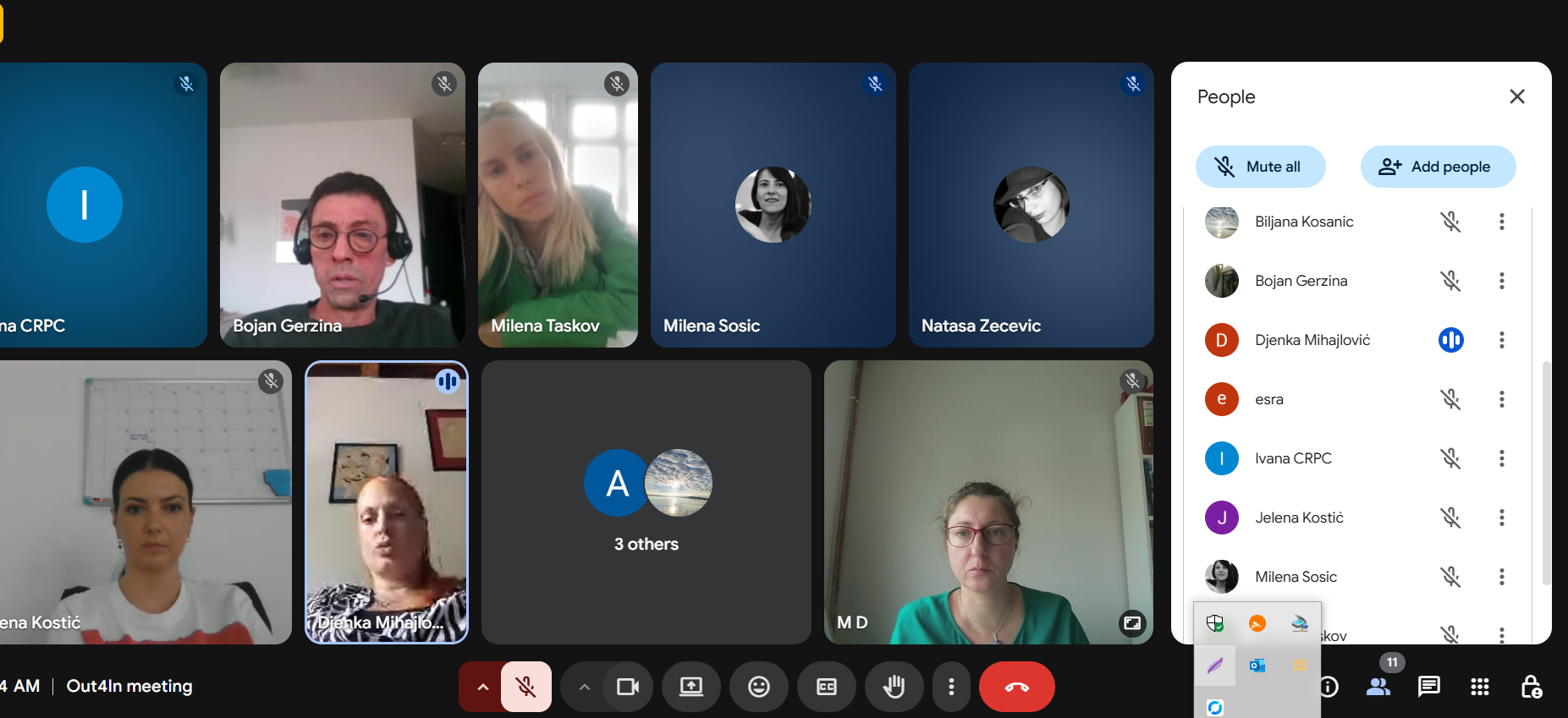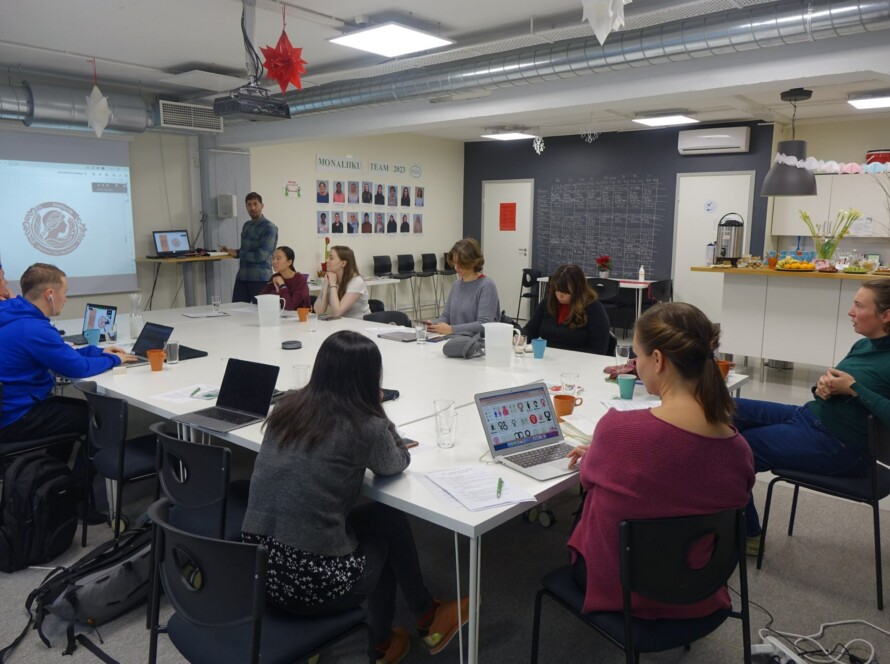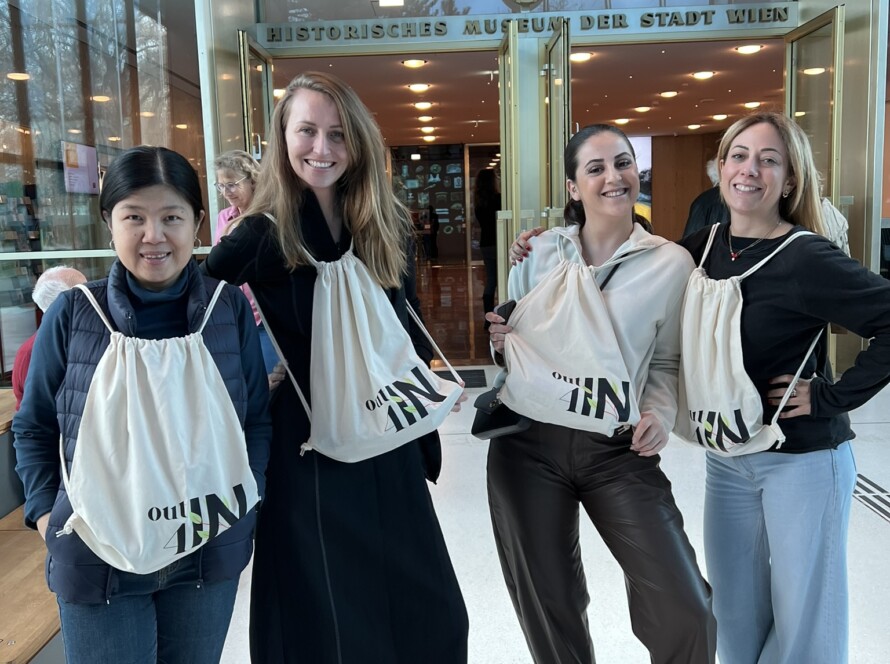July 11, 2025 – During the first Focus Group Discussion (FGD) held earlier this summer by the CRPC, participants from different organisations identified a growing need for more group-based and outdoor activities tailored to refugee, asylum-seeking, and migrant women (RMW). This concern comes amid declining donor funding and rising concerns over social isolation, particularly among women residing in private accommodations. While women living in collective centers often benefit from daily interaction, those in private housing frequently face isolation and lack opportunities for community engagement.
Participants emphasized that many of the most impactful activities are low-cost, requiring only creativity, commitment, and a strong sense of community to organize.
However, organizing such activities is not without challenges. Facilitators must consider a variety of factors, including age, health conditions, cultural backgrounds, and marital status. These elements significantly influence participation rates and the suitability of certain activities. One notable challenge raised was the difficulty of engaging women from diverse nationalities in mixed-group activities. Cultural sensitivities and language barriers can create reluctance to participate.
As such, developing inclusive and culturally appropriate programming is essential for ensuring wide participation. Practical considerations also play a key role in planning. Appropriate clothing and footwear, such as sneakers and comfortable attire for sports, must be ensured. Timing is another major factor—activities should be scheduled in the afternoons or on weekends to accommodate women who work. For mothers, access to childcare or child-friendly programming is crucial, as is the provision of meals and refreshments, especially if events coincide with mealtimes.
Transportation remains a significant obstacle, particularly for women living in remote collective centers with limited access to public transit. A promising solution discussed involves creating open, mixed-community groups that welcome both refugee and local women. This model is seen as particularly beneficial for women in private accommodations, who may attend independently and are seeking new ways to build community connections. As the program moves forward, stakeholders are encouraged to continue exploring sustainable, inclusive, and low-barrier approaches to support the well-being and integration of refugee and migrant women.



